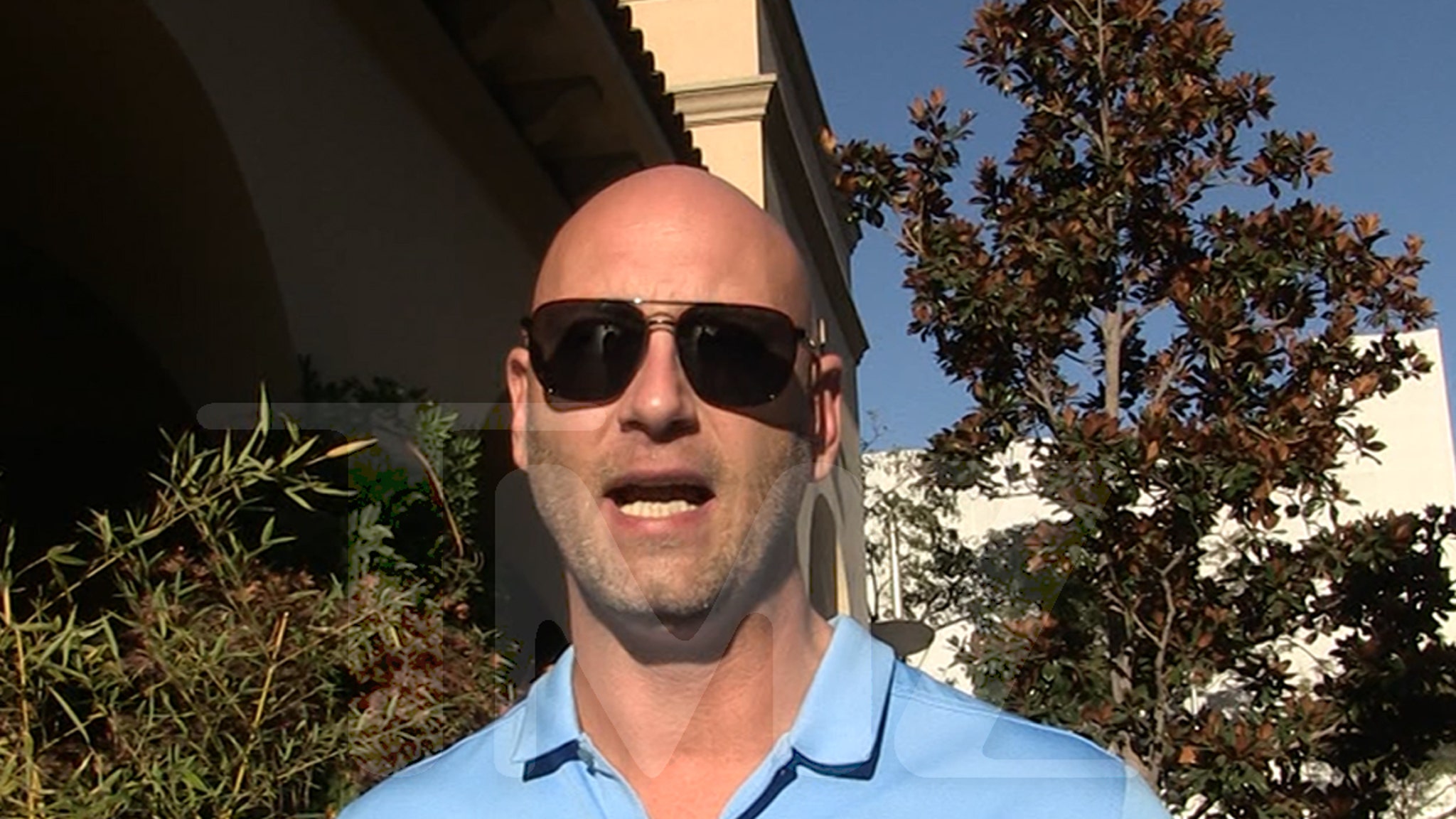16 November 2024
Ritchie Neville has opened up about the tough reality of life in a boyband.

Ritchie Neville opens up on boyband life
The 45-year-old singer and his former Five bandmates Scott Robinson, Sean Conlon, J Brown and Abz Love signed a six-album deal with BMG/RCA in 1997 but struggled to cope with the pressures of fame and split.
Revealing that they were paid just £100 a week after starting out, Ritchie also claimed he only had "two days off in two years".
Ritchie - who will appear in the upcoming BBC series 'Boybands Forever' - told The Guardian newspaper: "People often don’t get it. They think being in a famous band is a dream. But I’ve had situations where I’m out with friends and, when I start talking, jaws drop to the floor. They’re like, ‘Oh my god, is that really what it was like?’"
Ritchie also shared how a bandmate once had to steal his passport after management refused to let him leave the tour after he got sick.
He said: "In the end, they wouldn’t give me my passport to fly home. Scott had to go in and nick my passport and just hand it to me and bundle me in a taxi at four in the morning. At the time, I didn’t think that much of it. Now, that’s an encroachment of power, isn’t it really? It’s almost imprisonment."
And, Ritchie admitted the fans could be overzealous and inappropriate.
Speaking about one particular encounter when he was 17 or 18 and the fan was in her thirties, he said: "While we were doing the picture, she just grabbed me down there like it was perfectly normal. I was like, ‘What are you doing?’ The thing is, a lot of guys would be like, ‘What I wouldn’t give for that!’ But it’s not always pleasant, if you don’t ask for it. It’s like, ‘Why are you doing that? Please don’t do it again.’"
Speaking previously about the financial issues he experienced, he told The Times in 2022: 'We sold 20 million records worldwide, so people assume the royalty cheques kept on coming, but you'd be surprised at the actual figures.
"Obviously it's split between five members, then you've got the production teams and the producers. It was a classic example of how record companies treat young artists...
"You think you've won the lottery, and don't get me wrong we had some brilliant experiences, but financially they take the lion's share and by the time it's finished it's too late. It's done."




















 English (US) ·
English (US) ·